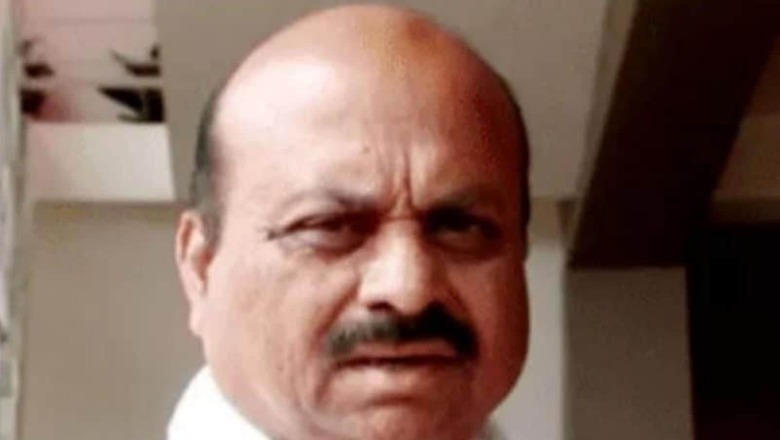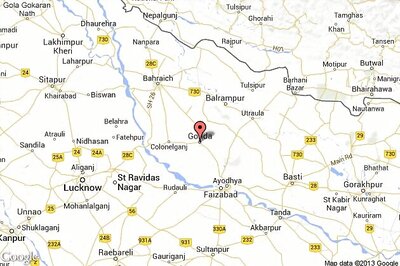
views
Karnataka Chief Minister Basavaraj Bommai has directed his officials to “not act in a hurry” to demolish temples (and other religious structures) that have been built illegally. The move came after the government came under heavy flak both from its own partymen and Opposition leaders from the Congress and JDS for not taking locals into confidence before taking up demolition work.
A show-cause notice has also been issued to the Mysore DC and Tehsildar for having acted in haste in bringing down an illegal temple in Nanjangud in Mysore district five days ago — a video of which was tweeted by party MP Pratap Simha with the question: “who did this temple harm?”
Many Hindu organisations have also taken up this issue on social media, and it has struck a sensitive chord for the government that is now in damage-control mode.
“Clear guidelines will be issued after a detailed study of the Supreme Court order and discussions in the cabinet meeting. The details will be put forth in the Legislature,” Bommai told newsmen after a meeting on Tuesday.
The issue had taken political overtones after Hindu groups questioned the demolition and the Opposition Congress took pot-shots at the government not being able to rein in its own fringe groups affiliated to its own party.
“BJP government in the Centre, and in the state, also Nanjangud has both MLA and MP from BJP. Here, Pratap Sinha is ranting about the demolition of temples, ridiculous that a BJP MP has to resort to press meets instead of talking to his own party leaders. BJP versus BJP, the new drama,” tweeted AICC spokesperson Lavanya Ballal.
Others in the Congress also spoke out on the sidelines of the Legislature session.
Former CM and JDS leader HD Kumaraswamy told the government to consider filing an appeal in the apex court.
Incidentally, the exercise to remove illegal religious structures began based on a Supreme Court order of 2009. While not much action had been taken for long, the Karnataka high court pulled up the government – and the chief secretary in particular – about not acting on the order for many years. It had asked the CS to submit regular action taken reports to the court.
About 6,395 religious structures have been identified as illegal across the state — and the CS had asked Deputy Commissioners (Collectors) of each district to start enforcing the court’s orders. Tehsildars were asked to demolish one structure a week in every taluk. The CS has been asked to file affidavits periodically, and failure to do so could well invite contempt.
“It is not an arbitrary decision. The removal of illegal religious structures applies to all religions. The order came in 2009, but it is the HC’s prodding that has led to action in Karnataka. Those structures that were in existence before 2009 could be demolished or relocated or regularised, depending on circumstances,” said a senior officer of the Revenue Department.
As for those illegal structures that have come up after 2009, there is no other way than demolition – as they are illegal from the word go, having come up despite the apex court’s order.
Relocation and regularisation are still the main ways of dealing with structures that were there before the SC order. Lists on this basis have been made and are being followed through with, he added.
Read all minute-by-minute news updates for Uttar Pradesh election results 2022, Punjab election results 2022, Uttarakhand election results 2022, Manipur election results 2022, and Goa election results 2022.
Click here for seat-wise LIVE result updates.
















Comments
0 comment